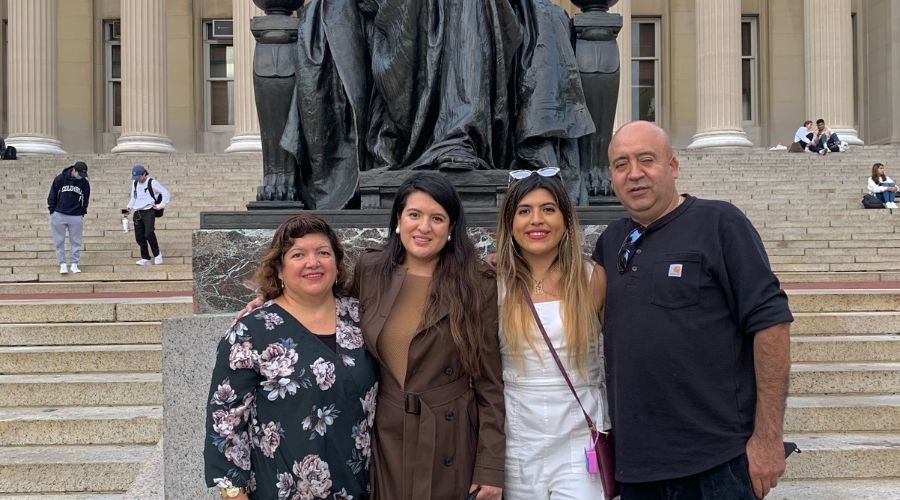Centering Community and Celebrating Latinx Heritage as a First Generation American
Johanna Martinez (CC ‘24) is studying sustainable development and was selected as one of the inaugural Social Impact Fellows at Columbia World Projects. On campus, she is the finance manager for Alianza, a Latine student group, and the academic editor for Consilience, a sustainability journal.
“Growing up in America, I was raised with a lot of ambition… [The United States can be] an individualistic culture,” said Johanna Martinez, CC ‘24. “My family makes me think about community more because we do come from a community culture… that has really molded me and the way I see things and what I'm interested in.”
Johanna, a first-generation American whose parents emigrated from Ecuador, is one of the inaugural Social Impact Fellows at Columbia World Projects. She hopes the program will give her the skills she needs to continue her work on women’s development and sustainability, two areas she’s been focused on since middle school.
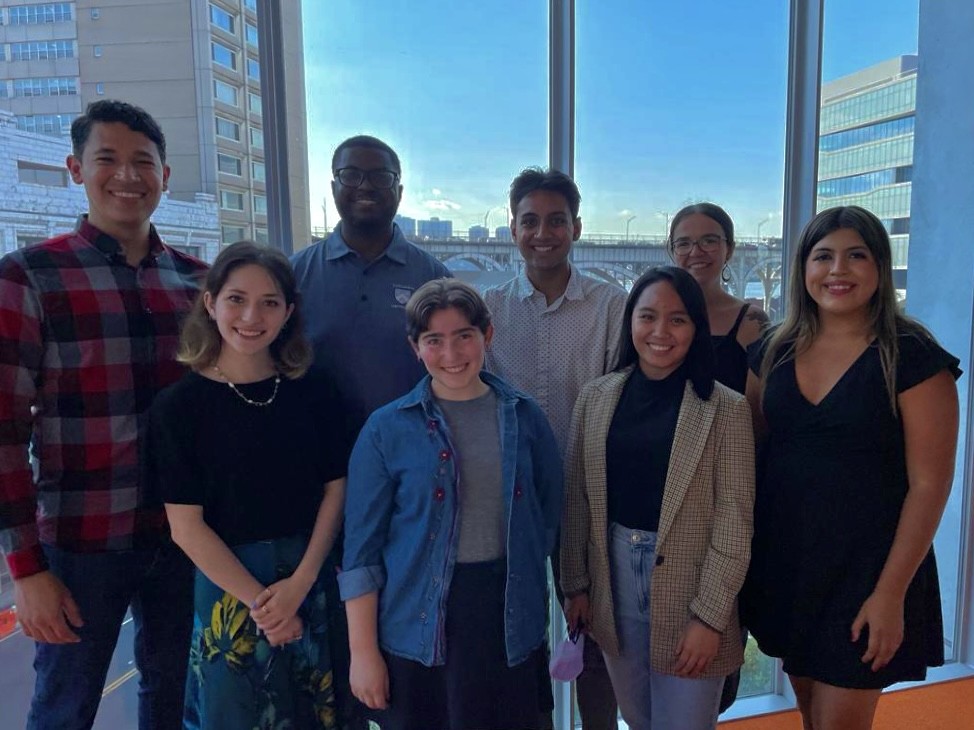
In 2015, Johanna started her own nonprofit organization, The Blue Jay Foundation. It began by organizing food drives and collecting clothing for unhoused people primarily in New York and New Jersey. Growing up in Elizabeth, New Jersey – an area with high concentration of Latine immigrants, Johanna saw an acute need for hygiene products, menstrual supplies, and warm winter clothing. She began by collecting donated items and later applied for a grant to fund her project.
“Being low-income myself, these projects were a great fit for me. I know how to stretch money to make the most impact possible,” said Johanna. At the same time, she was also making strides in her own educational journey.
“Being low-income myself, these projects were a great fit for me. I know how to stretch money to make the most impact possible.”
“There was a lot of chaos in and out of the classroom and a lack of teacher-student relationships,” Johanna said of her time in middle school. “I was bored a lot, because academically, I wasn't being challenged.”
Her science teacher – “one of the only teachers that genuinely cared” – told her about New Jerseys SEEDS, a nonprofit organization that supports high-achieving students in applying to and enrolling in competitive schools. Seeking academic rigor and stability, Johanna decided to apply to boarding school for high school.
“I chose boarding school not just for the rigorous education but also because it was free room and board and free food, and I had a place to stay for most of the year…. just in case things took a turn for the worse,” she said. Her parents were undocumented at the time and have lived in the United States for about 30 years. They crossed the border so they could have the resources for needed medical care for Johanna’s elder sister, something that was not possible for them in Ecuador.
“I was never very certain that in the next year, we'd still be here,” Johanna said.
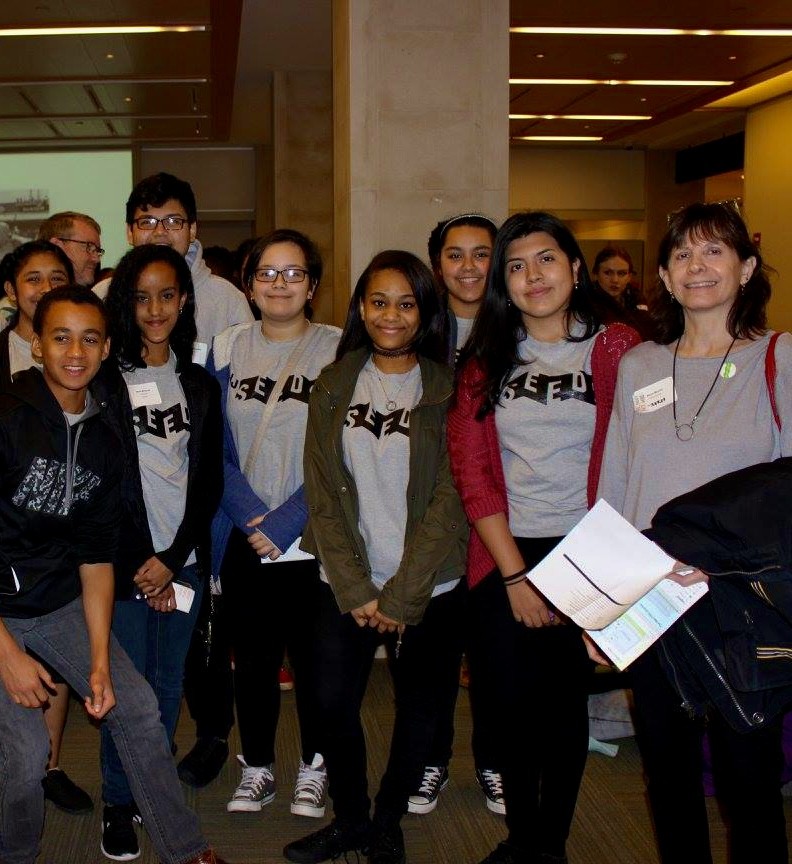
She attended Phillips Exeter Academy in New Hampshire. Being surrounded by hard-working students from around the world was an exciting change, and she made many meaningful friendships. Still, there was a piece of Johanna that did not feel entirely at home or welcomed.
“My time there correlated with President Trump's administration,” said Johanna. “The surrounding town was 92 percent white… Being Latina, it was not the most welcoming.”
Her experiences led her to become involved with diversity, equity, and inclusion work – including training faculty on cultural competency and taking on leadership roles in many affinity spaces.
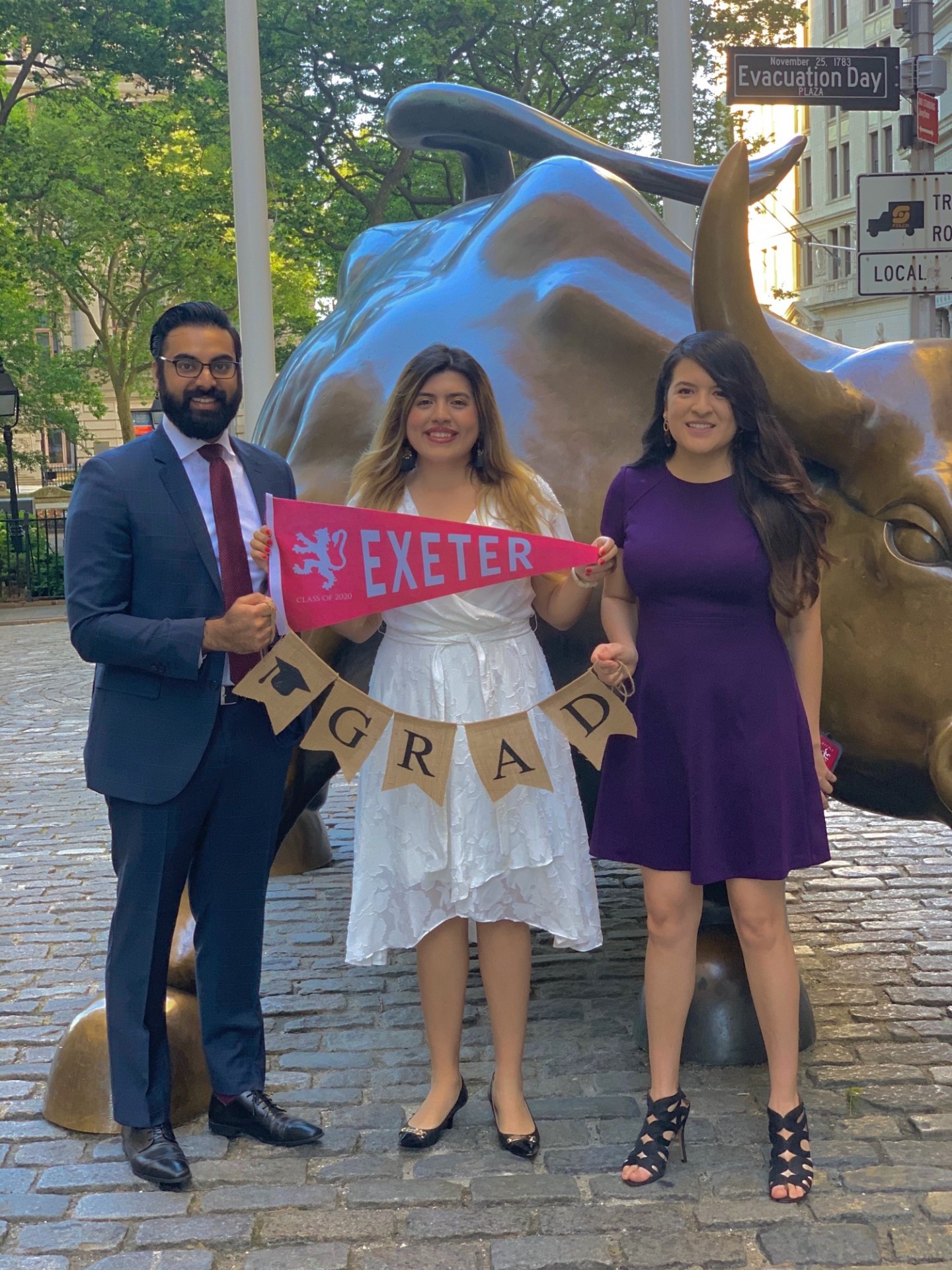
“Being a first generation American makes me realize how important it is to value my culture and helps me challenge the idea that assimilation is needed to be successful in this country.”
As Johanna worked hard in the classroom and on campus, her nonprofit organization expanded to other projects, following her emerging interests.
In fall 2019, she launched Vitales, a mobile health clinic in Ecuador. She knew from conversations with family that for many in rural areas of the country, travel to a health clinic was cost prohibitive. She also saw a distinct need for culturally competent care for Indigenous people. “I was very interested in health. I wanted to be pre-med. Before joining Columbia, that was my goal,” she said.
Johanna worked with translators to make the clinic’s literature available in both Spanish and Quechua, one of Ecuador’s Indigenous languages. The clinic also sought out Indigenous healers as partners to ease the fear people felt around Western medicine. “My family didn't grow up trusting modern medicine,” she said. “Whenever I got sick, the go-to was always Vaporub or rubbing an egg over your body as you say a prayer”.
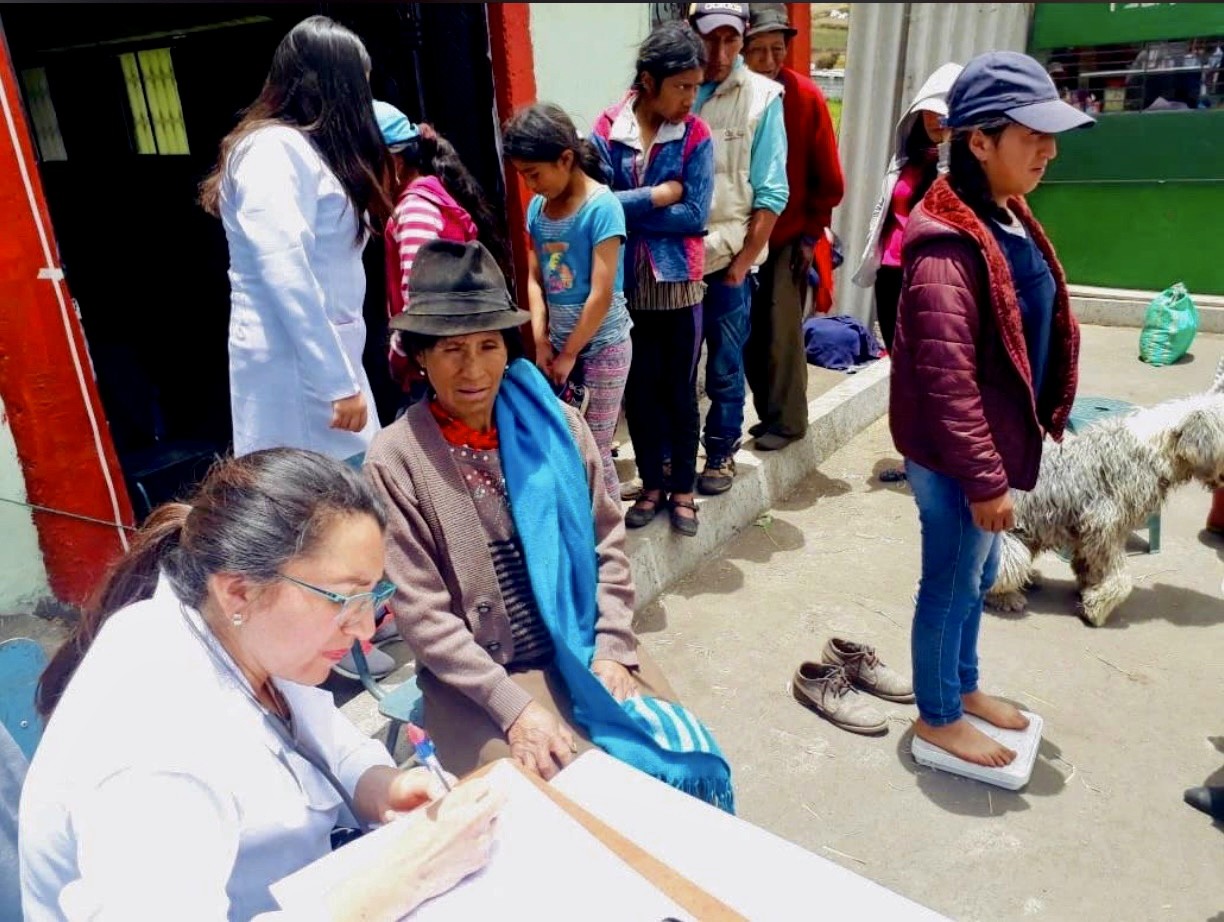
Unfortunately, the COVID-19 pandemic shuttered the mobile clinic. “I have tried to think more deeply about creating a longer impact plan,” Johanna said. It’s part of what she hopes to get out of the Social Impact Fellowship.
At Columbia, Johanna serves as the finance manager for Alianza, a Latine student group, and is the academic editor for Consilience, a sustainability journal. She also recently became the Outreach Coordinator for The Brave House, a nonprofit organization that supports young immigrant women and gender-expansive youth, ages 16-24, in New York City, with a focus on those who are survivors of gender-based violence. She said she enjoys getting off campus and out into Washington Heights and Harlem. “Part of why I chose to go to college in New York was that if [I] need to get away and go to a Latine dance place or restaurant, I can do that. Being surrounded by my community is very important to me.”
Reflecting on her culture and family for Latinx Heritage Month, Johanna is grateful for the focus on community, the “intelligence… that comes from lived experiences,” hard work and sacrifices, and the home-cooked meals her mom brings to campus. “Being a first generation American makes me realize how important it is to value my culture and helps me challenge the idea that assimilation is needed to be successful in this country,” Johanna said.
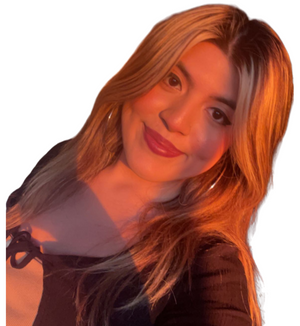
Johanna Martinez (CC ‘24) is studying sustainable development and was selected as one of the inaugural Social Impact Fellows at Columbia World Projects.

